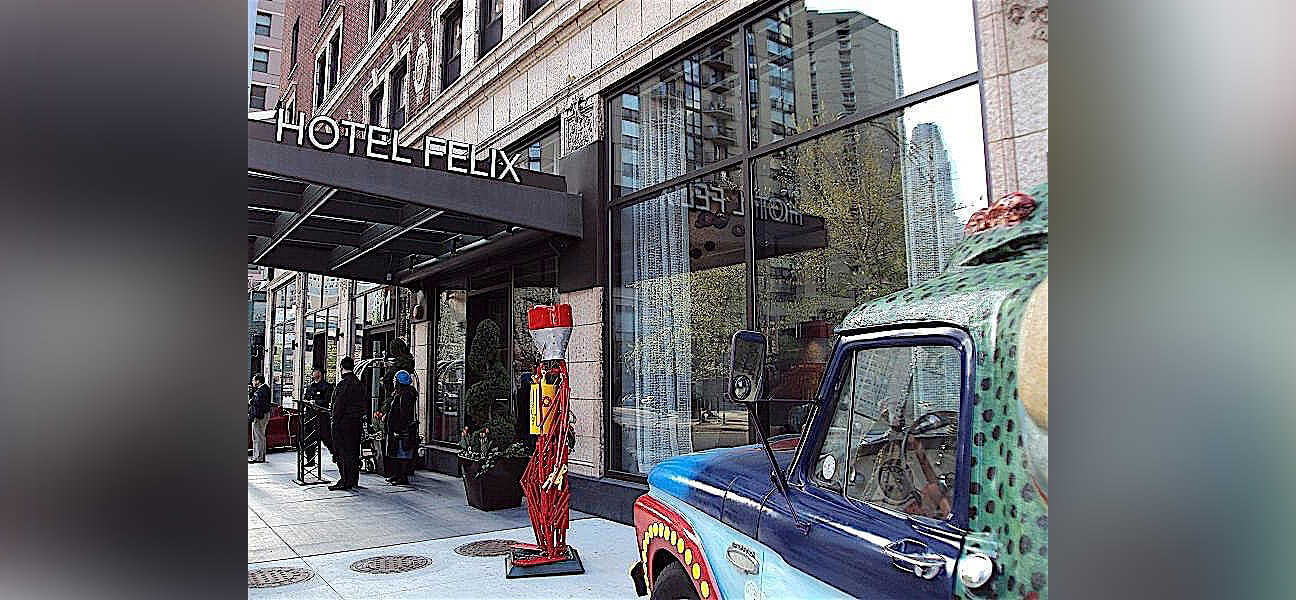Monarch Alternative Capital LP, an investment firm with approximately $11 billion of assets under management, has expanded its hospitality portfolio through purchases of non-performing mortgage loans on the Hotel Felix in Chicago and the YOTEL San Francisco.
Monarch subsequently took ownership of those two properties through a settlement of the debt.
“As the opportunity set in the commercial real estate market continues to evolve, we have leveraged our restructuring expertise and deep relationships to access high-quality assets at significant discounts to the previous lenders’ bases through the credit markets,” said Ian Glastein, managing principal/co-head, real estate, Monarch. “To further enhance these properties, our in-house asset management team is exploring several options to create incremental revenue streams by implementing strategic hands-on revenue management, upgrading the food and beverage spaces and enhancing amenities.”
Monarch was drawn to the high-quality nature of each property, the company reports. Both hotels are located within vibrant, emerging submarkets of their respective greater metropolitan areas, which have continued to exhibit improving trends in demand following dislocation driven by COVID-19.
The Hotel Felix is a 228-room boutique hotel located in the River North submarket of Chicago, and the YOTEL San Francisco is a newly converted 203-room “micro-hotel” located in the Mid-Market submarket of San Francisco. Though the hotels vary in service offerings, both assets are ideally located in bustling neighborhoods frequently visited by tourists and locals alike and also benefit from a strong corporate presence, as well as a ramp-up of convention center activity, the company reports. On top of the innate demand drivers of each locale, Monarch is further encouraged by the continued recovery of business and group travel nationally, in addition to the increasing demand of leisure travelers.
While urban markets like Chicago and San Francisco have only recently started to normalize, Monarch believes that both properties present an opportunity to capitalize on the continued dislocation in the hospitality market caused by the pandemic and would be overlooked by other institutional investors. Furthermore, the ongoing market disruption has put pressure on capital structures of properties, making it difficult for previous ownership groups to refinance their legacy debt. Through realignment and new ownership by Monarch, these properties are now financially situated to focus on improving operations and capitalize on improving fundamentals.
